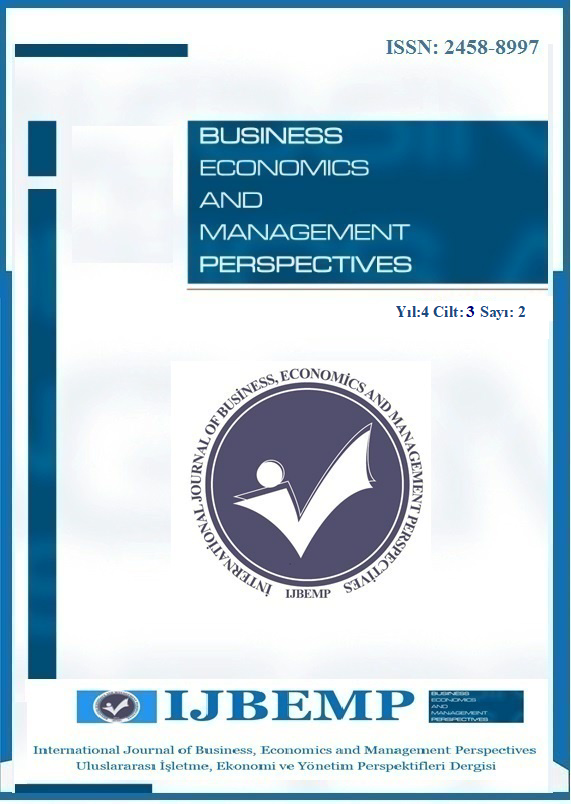Author :
Abstract
Bu çalışma, Aristo’dan Adam Smith’e kadar, Hıristiyanlık, kilise babalarının yorumları, Roma ve Frank Devleti’nin hukuk kodları, Roma ve kilise hukukçuları ile skolastik teologlar tarafından geliştirilen adil fiyat düşünce¬sini, bu düşüncenin kökenlerini ve geçirdiği dönüşümü incelemeyi amaçlamaktadır. Çalışmanın temel hİpotezi, adil fiyat düşüncesinin etik (ahlâk) dünya ile pratik dünyayı bağdaştırma çabasında olan bir düşünce olduğudur. Çalışmanın temel sorusu, adil fiyat düşüncesinin pratik dünyada uygulama alanı bulup bulmadığıdır. Bunun için, Ortaçağ’daki adil fiyat düşüncesi ve bu düşünceyi etkileyen temel faktörler ile bu düşüncenin dönüşüm dinamikleri ve dönüşüm süreçleri ile bu düşüncenin pratikte bir karşılığının olup olmadığı tespit edilecek¬tir. Elde edilmesi umulan sonuç, adil fiyatın, düşünsel platformda ifade edildiği şekliyle pratik dünyada bir uygulama alanı bulmadığı; etik dünya ile pratik dünya arasında bir ilişki tesis edemediğidir.
Keywords
Abstract
This study intends to examine the concept of just price, together with the roots and the evolution there-of, as formulated and developed, through a span of time Middle Age, by the teachings of Christianity and the commentaries of Church fathers, the Roman and Carolingian codes of law and the ecclesiastical jurists as well as the Roman and scholastic theologians. The basic hypothesis of the study is that the concept of just price is an outcome of the efforts to reconcile the ethics (morality) with reality. The principal question proposed by the re-search argues the applicability of the concept of just price in practice. In order to find a satisfactory answer, the emergence of the thought of just price and the major factors influencing it together with the transformative dy-namics behind and the process of transformation will be highlighted. The anticipated (early) result of the re-search suggests that the theory of just price is not compatible with the practices of the real world.
Keywords
- Ağaoğulları, Mehmet Ali (Ed.), (2011), Sokrates’ten Jakobenlere Batı’da Siyasal Düşünceler, İletişim Yayınları: İstanbul.
- Aquinas Thomas (1947), Summa Theologica, QQ. 40, Benzier Bros. Edition.
- Aristoteles (2012), Nikomakhos’a Etik, (Çev. Saffet Babür), BilgeSu Yayınları: Ankara.
- Aristoteles, Politika (1982), (Çev. Mete Tunçay), Remzi Kitabevi: Ankara.
- Bloch, March (2007). Feodal Toplum, (Çev. Melek Fırat), Kırmızı Yayınları: İstanbul.
- Geuss, Raymond (Ed.), (1997), Sir John Fortescue On the Laws and Governance of England, Cambridge Texts in the History of Political Thought, Cambridge University Press: UK.
- İskenderoğlu, Muammer (2004). “Thomas Aquinas’da İman, Teoloji ve Akıl İlişkisi”, Divan İlmi Araştırmalar Dergisi, No. 16, No. 1, ss. 209–226.
- sibility of Living in Society”, History of Political Economy, 42 (3), ss. 495–519. (2010-2012), “Scholastic Just Price and Current Market Price: Is it Merely a Matter





